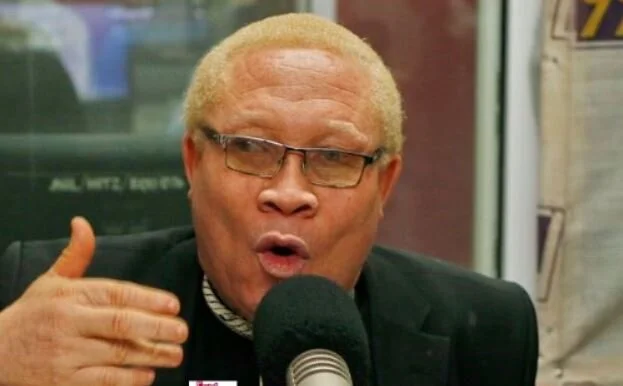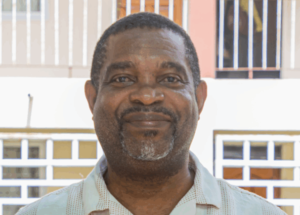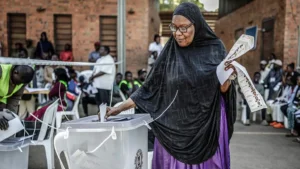Story: News Desk
Lead advocate of the National Coalition for Proper Human Sexual Rights and Family Values, Moses Foh-Amoaning, says converting the Bill into a public bill will clear all lingering doubts about cost implications and legal technicalities.
Family Values, Moses Foh-Amoaning, said converting the Bill into a public bill will clear all lingering doubts about cost implications and legal technicalities.
Speaking to the media , he said the current debate around funding and implementation had fueled unnecessary confusion, which could be resolved if the government assumed ownership of the process.
“This bill was not just brought out. We thought through it. The LGBT movement and its propaganda have always been that, ‘Oh, you want to throw people in prison.’ We say no, you think it’s a lifestyle. You want to glamorise it. That’s fine. We over here think that people who’ve got those challenges, if they have those challenges, we help them,” he said.
He explained that the bill already makes provisions for treatment and rehabilitation rather than punitive measures.
“So in the bill, we said that if you need care, treatment and support, or even during arrest, sentencing, or trial — even when you’re in prison and you agree that you need help — then you will be given. And the law allows for flexible sentencing,” Foh-Amoaning stated.
However, he said the issue of cost became a sticking point during the drafting process, with concerns about who would fund the health facilities needed to provide support for offenders.
“But the issue of cost became an issue because they said, if you go to the health facilities, who’s going to pay? Although the drafting language was clear, the former Attorney General actually drew a statement, and objected to it because there was going to be costs,” he said.
Foh-Amoaning said this concern about cost was what made President Akufo-Addo’s earlier suggestion that the bill should come as a public bill particularly important.
“For me, that’s what made the President’s viewpoint, that it has to come as a public bill, very interesting. And I’m still insisting that now that it is going to be reintroduced, if the government doesn’t have any problem, I wish the President will go back to his own view,” he said.
He revealed that he had personally discussed the issue with the Attorney General, who was open to exploring the idea of converting the private members’ bill into a public one.
“I have had discussions with the Attorney General. He was keen on discussing it with the private members who want to bring it, so that they will draw their private members’ bill, and then he will bring it as a public bill. I think it will resolve a lot of these issues that I have raised,” Foh-Amoaning said.





